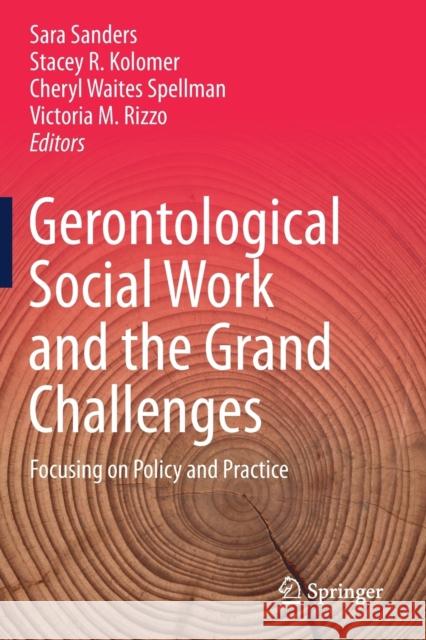Gerontological Social Work and the Grand Challenges: Focusing on Policy and Practice » książka
topmenu
Gerontological Social Work and the Grand Challenges: Focusing on Policy and Practice
ISBN-13: 9783030263362 / Angielski / Miękka / 2021 / 186 str.
Gerontological Social Work and the Grand Challenges: Focusing on Policy and Practice
ISBN-13: 9783030263362 / Angielski / Miękka / 2021 / 186 str.
cena 201,24
(netto: 191,66 VAT: 5%)
Najniższa cena z 30 dni: 192,74
(netto: 191,66 VAT: 5%)
Najniższa cena z 30 dni: 192,74
Termin realizacji zamówienia:
ok. 16-18 dni roboczych.
ok. 16-18 dni roboczych.
Darmowa dostawa!
Kategorie:
Kategorie BISAC:
Wydawca:
Springer
Język:
Angielski
ISBN-13:
9783030263362
Rok wydania:
2021
Wydanie:
2019
Ilość stron:
186
Waga:
0.30 kg
Wymiary:
23.39 x 15.6 x 1.12
Oprawa:
Miękka
Wolumenów:
01
Dodatkowe informacje:
Wydanie ilustrowane











